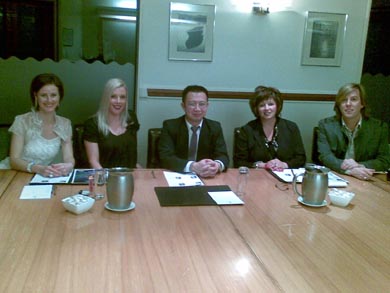
Above In the “boardroom” at the Museum Hotel, the Miss Universe New Zealand 2010 judging panel.
Many years ago, prior to my first judging session for Miss Universe New Zealand, I wrote that the best representative for this nation would be a young woman who had intelligence as well as looks. As I head into my fifth, that hasn’t changed.
You couldn’t win without brains. In each of the last four years—not to mention a stint on Miss Sweden’s international jury—the winner was ultimately someone who scored tremendously well in the interview section of the pageant. I cannot say that the interview is the be all and end all—naturally, the contestant has to do well in the other areas, since she’s getting marked in all of them—but, if I may borrow from science, there is a correlation between interview performance and the crown.
This makes perfect sense. For a start, it’s a beauty pageant. Every contestant is beautiful before they even get to the national pageant. So where can they differentiate themselves, and show their uniqueness? Only in the one-on-one world, last year held in an Apprentice-like boardroom (and will be again this year), can the judges get a feel for the suitability of a contestant. While all five judges quiz the one contestant, remember this is nothing compared to Miss Israel, where lengthy one-on-one sessions are the norm. Our girls get it easy, even if many dread “the boardroom”.
You can have all the looks in the world going for you but you won’t be much of a representative for the nation if you crumble at Miss Universe in Brazil or if you can’t string a sentence together on the fly. Thinking quickly and sometimes laterally is part of the job, especially when there’s a world that’s tougher than the judging room: the media.
You may accuse the pageant world of a subjective and narrow definition of beauty, though I have always maintained that while there is an age requirement, there is nothing in the rules which stipulate height, weight, or race. If ever a young lady came to the pageant who stepped outside what has been the “convention”, she would still be in to win. New Zealand is too varied to expect a “type”, and having a fixed idea of the winning look wouldn’t express our culture, anyway. She simply needs to do well in each of the areas she’s marked, and to heck with convention. So much of it is inner confidence. And that interview still remains the one place where one contestant might pip another.
The interview does not happen on the final night. The final-night performance is still what can propel a contestant from a middling interview session to an outright win, but one must remember that the interview was the only the time the majority of the judges spent the most time with the contestants. It’s bound to make an impression.
This remains why there’ll usually be some gap between what the blogs and forums say and what we judge. Blogs rely on photographs, all taken at different times by different photographers—already there’s room for bias there. For the record, the judges do not take the blogging world into account. We judge based on what is in front of us, and it was plain coincidental that last year, we discovered ex post facto that Ria van Dyke was a favourite for many observers and impressed us. It must be said, too, that Ria had an excellent photograph prior to the pageant that, I imagine, some of the public who did not know her latched on to.
Interestingly, because of that coincidence, we were spared the usual immaturity, usually in blog comments, of rigging and bias. For similar reasons, Katie Taylor, Miss New Zealand 2009, was largely spared the negativity, too, and only one exception comes to mind.
Each time we go for someone who did not have that level of public support, the accusations come, just as surely as there is pre- and post-pageant libel against certain contestants. But, happily, the Miss Universe New Zealand pageant presumes innocence before guilt, and playground taunts typically discredit the defamer.
Photographs only tell part of the story: one year, one contestant had what I thought was a less than stellar photograph yet she wound up in the top three. I am not sure if the contestant rated much of a mention in the blogosphere. However, in person, she was intelligent and beautiful; in other photographs, taken by the same photographer alongside those of her rivals, she shone. She simply had chosen an unfortunate photo for her official, pre-pageant image.
Every year is tough selecting a winner but reading the biographies (which also do not influence the judging—only the anticipation), we are in for a treat this year. As with 2010, there are multilingual contestants this year. We have our first Ph.D. candidate among the entrants. I look forward to judging and seeing how the ladies conduct themselves at Parliament, the Mayor’s office (and, as we all know from pageants, there is no shame in being a runner-up), and at other venues throughout Wellington when they begin arriving during Easter weekend. I believe the process has become ever tighter and the judges more vigilant. Most of the 2010 judging panel is returning, and considering last year it was unanimous, I’m hoping that we’ll reach a decision that we, and the country, can be happy with.—Jack Yan, Publisher

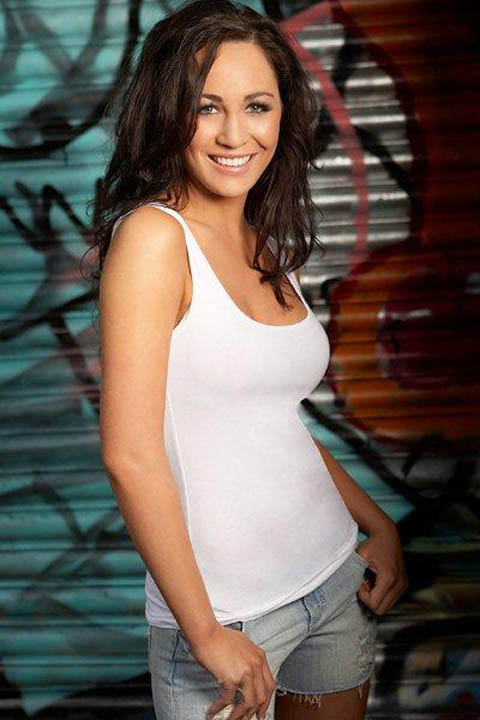
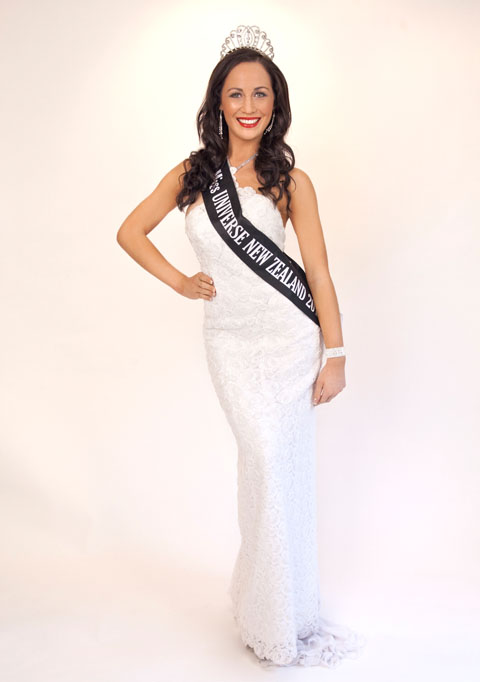
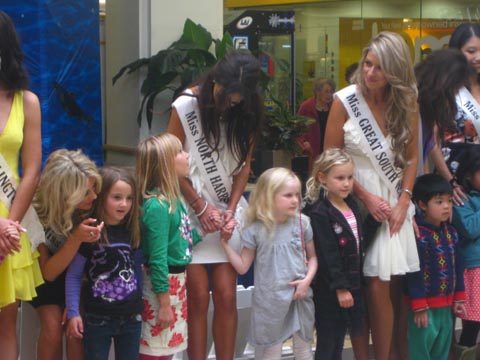
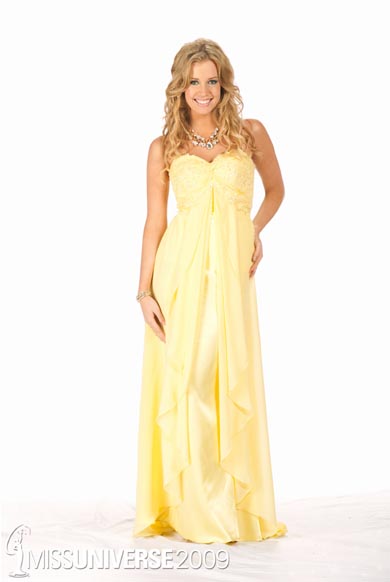
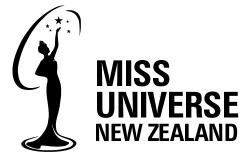
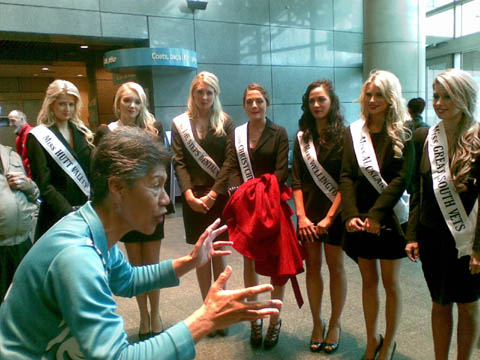
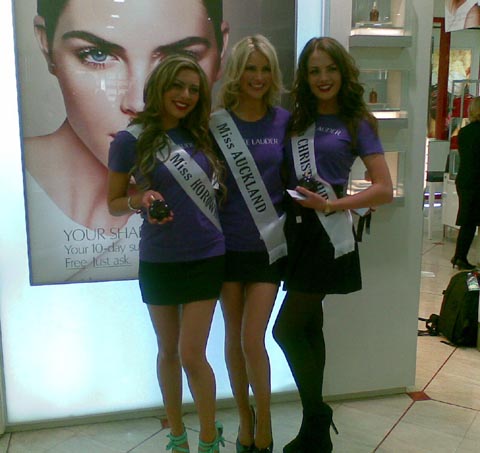
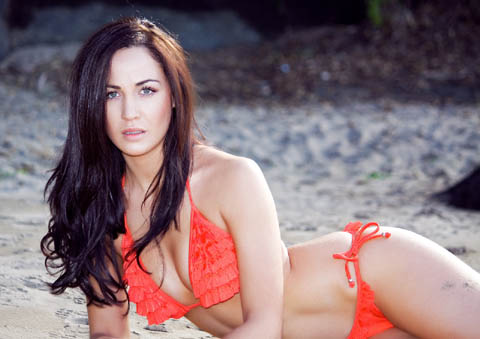
I can not believe it is a year since Ria van Dyke was crowned Miss Universe New Zealand 2010.She has been such an amazing ambasodor for New Zealand her successor has big shoes to fill. Look forward to seeing your future accomplishments Ria.
All the best for the next lovely lady to represent beautiful New Zealand. I wish Ria could be Miss Universe New Zealand for a second time around! I just want to keep seeing her doing such amazing things and getting out there and mixing with people and promoting worthy causes, not to mention looking so beautiful at all times!
I like what you say Jack, BUT the official MUNZ Facebook page pointed out blogs to all of us. But truthfully blogs, twitter, fb, and the internet can find information that you can’t about those girls that they probably don’t want you to see.
I hate to sound cynical, but you could be really judging the person who pretends the best.
I hope not.
WN, the official page is not run by the judges, and I have seen so many blogs that love running hearsay and rumour. In my world, people are innocent till proved guilty, and none of these blogs have ever met a proper burden of proof. And I refuse to believe libel.
Social networks are too fleeting and difficult to search, and there would be no point even examining them for contestant information or goss.
I think after so many years (I was also involved in Miss Sweden), I can spot the phonies. We’re keeping a very strict eye on all contestants this year and mirroring the change in practice at Miss Universe itself.